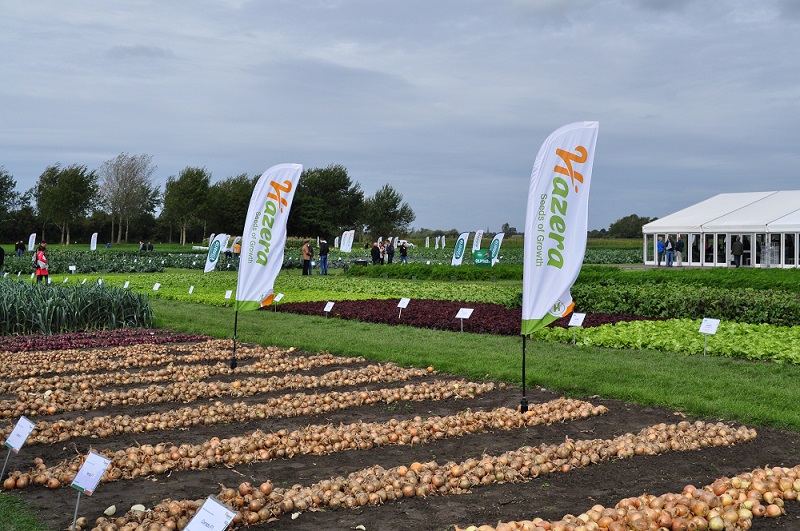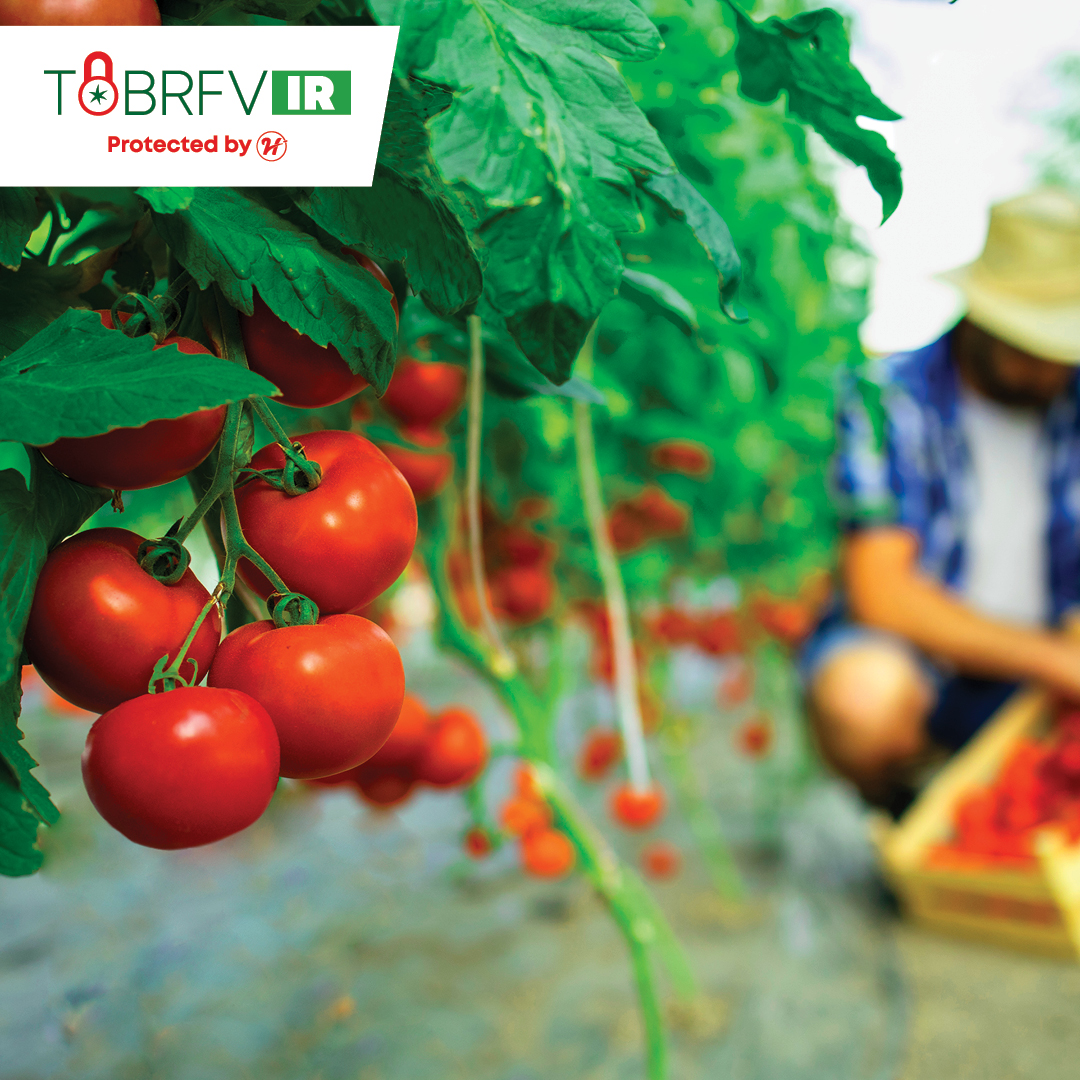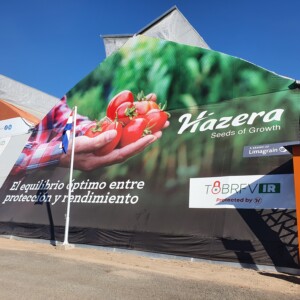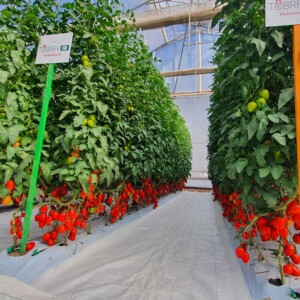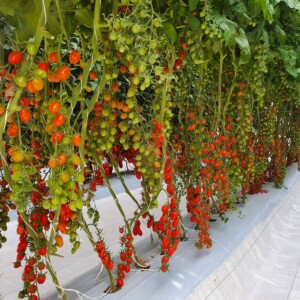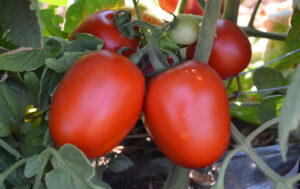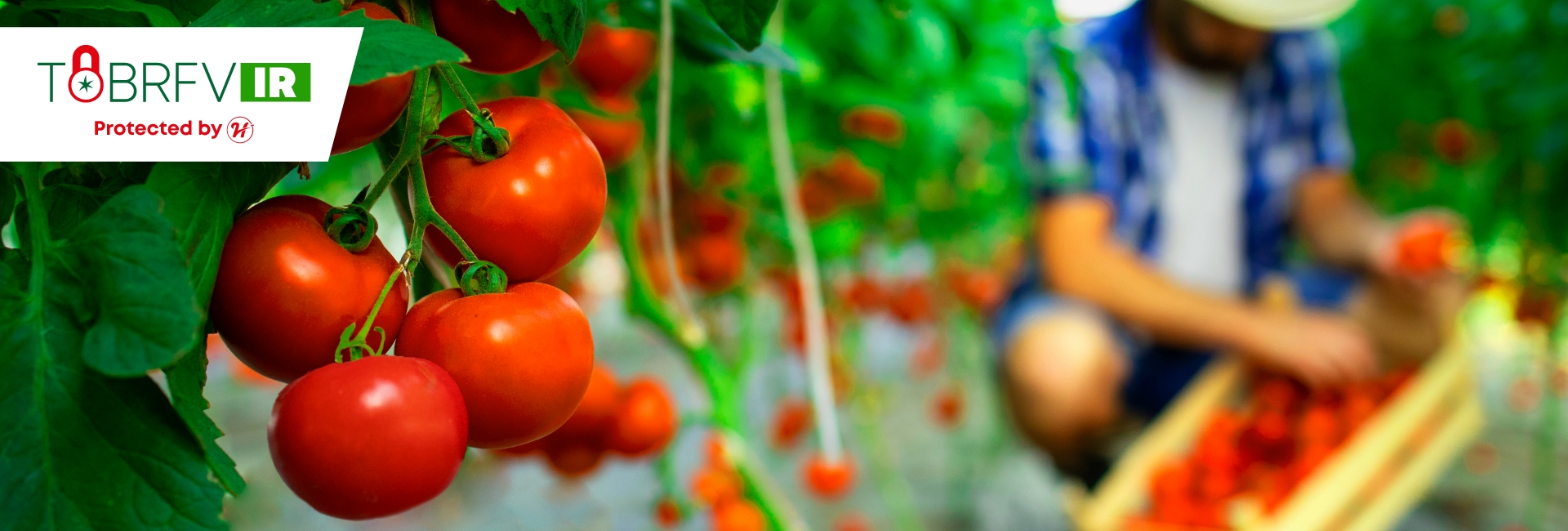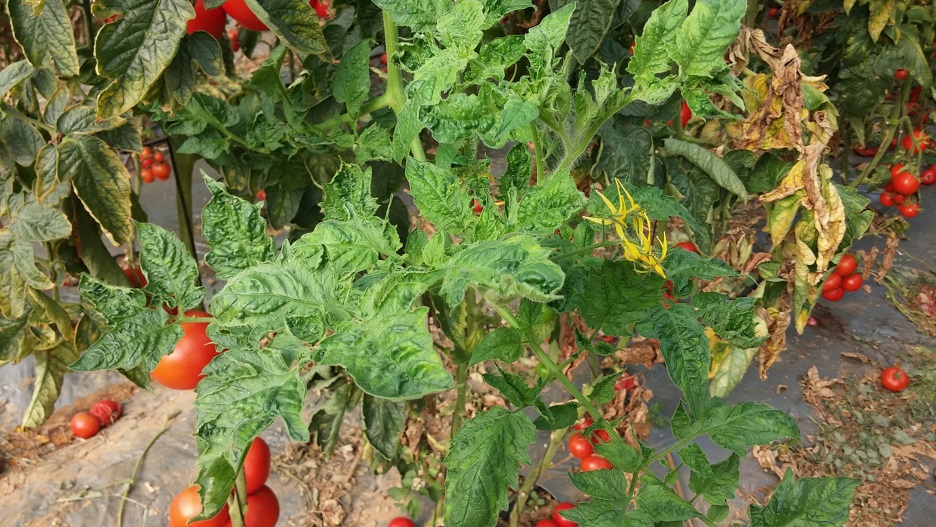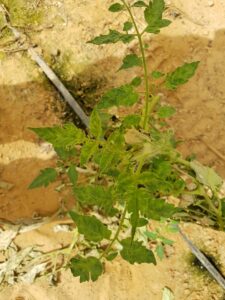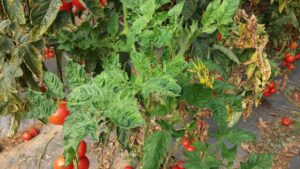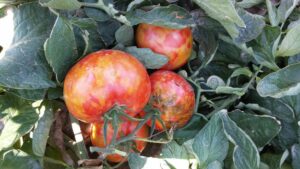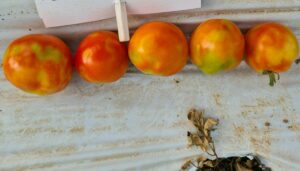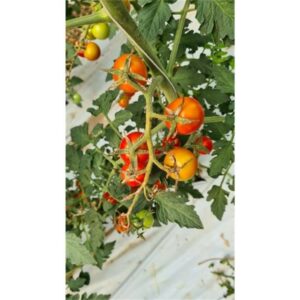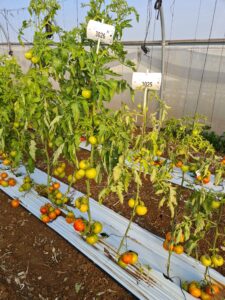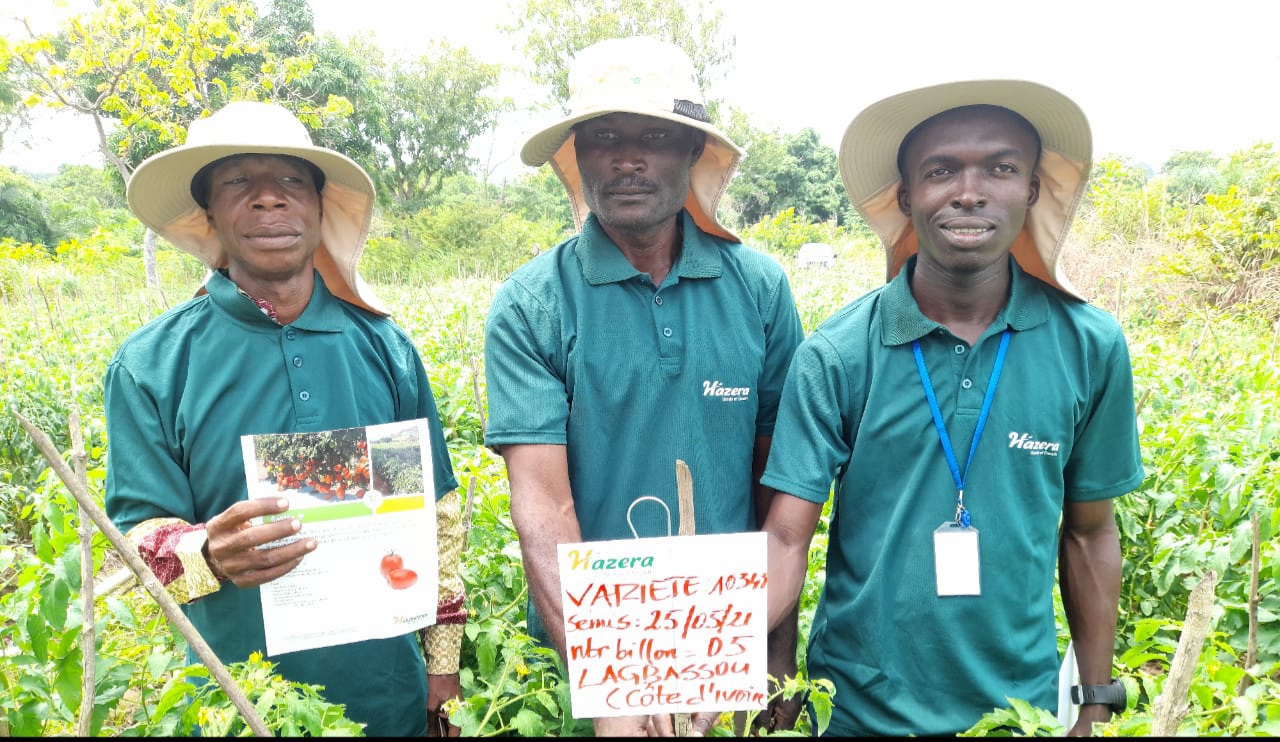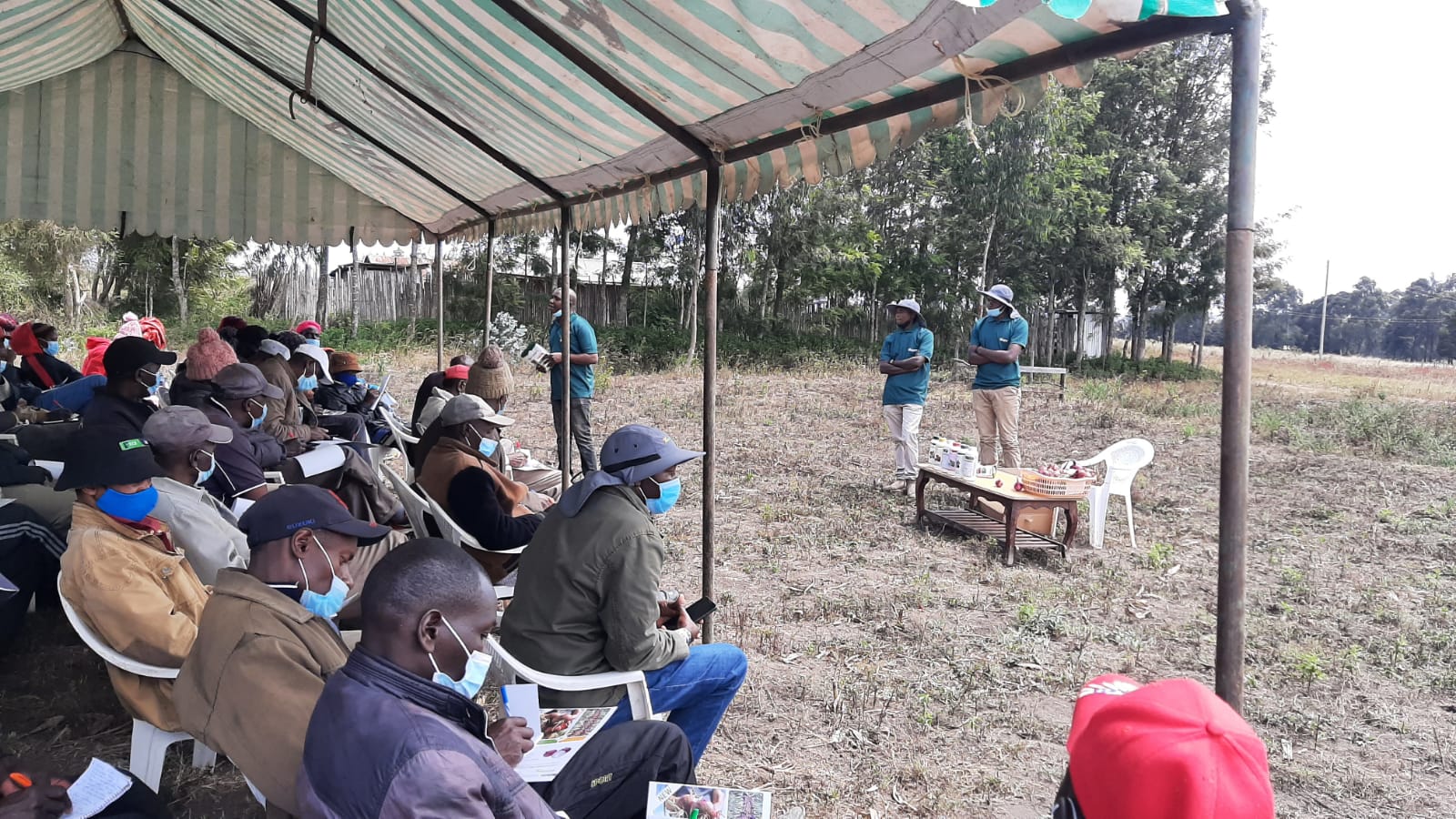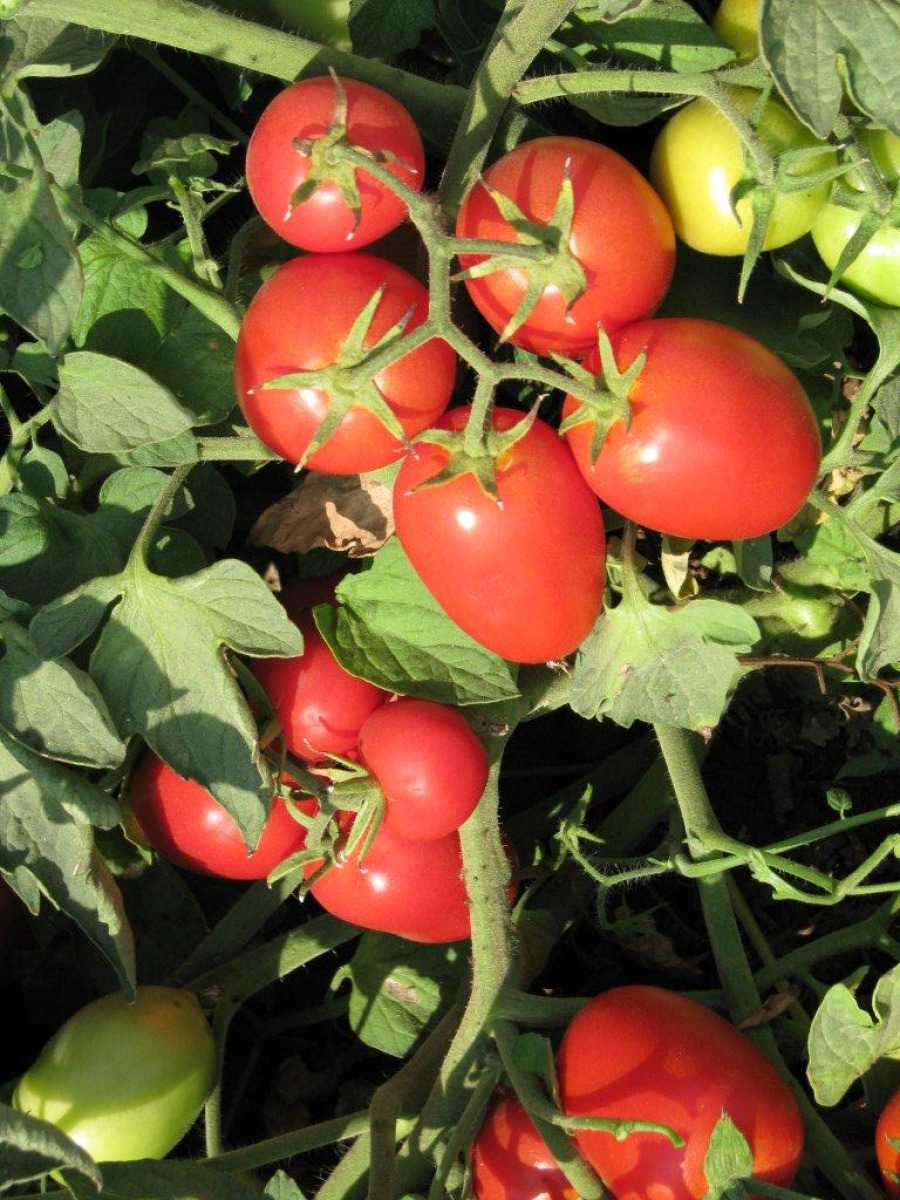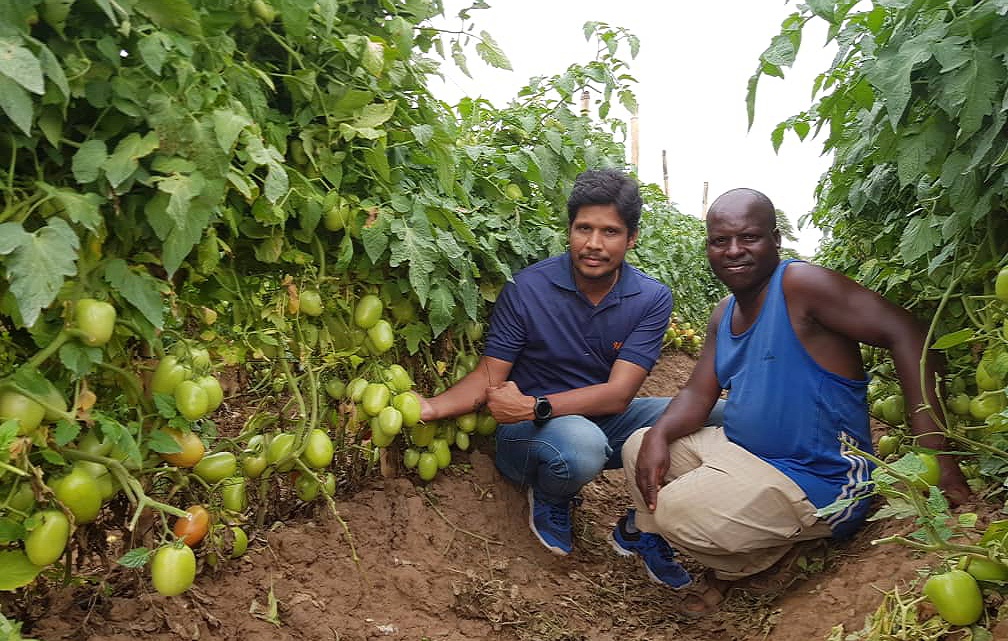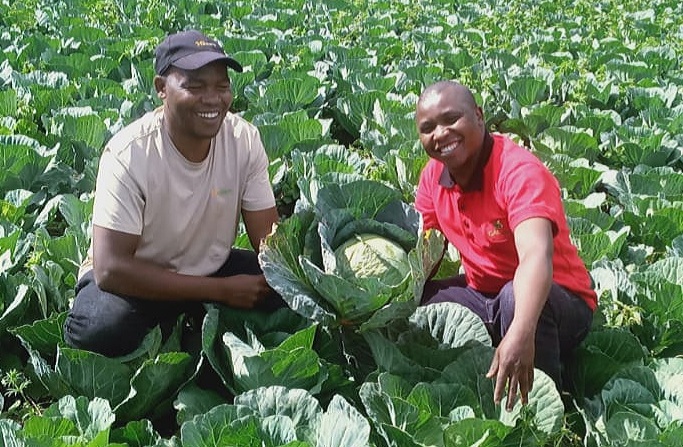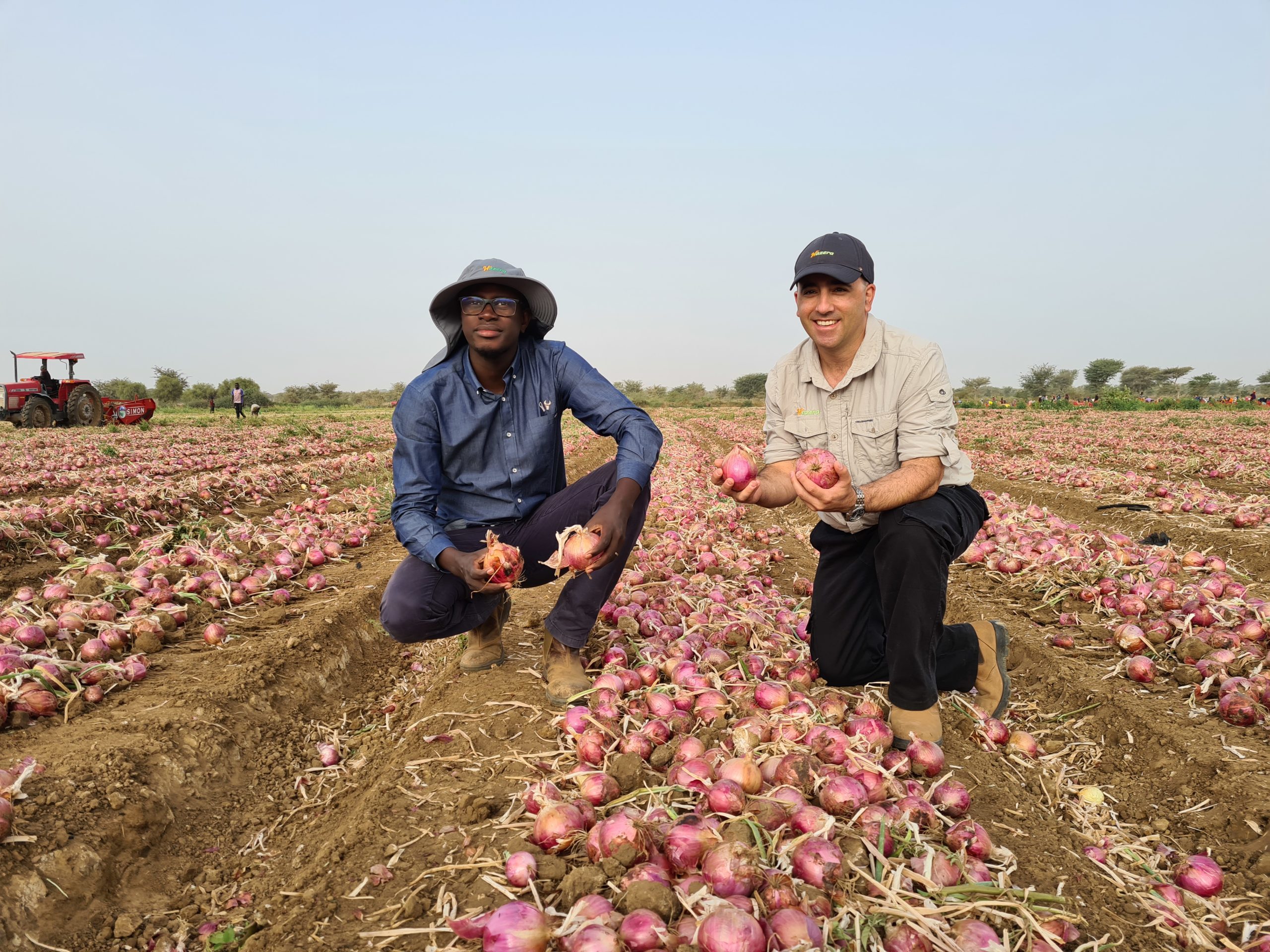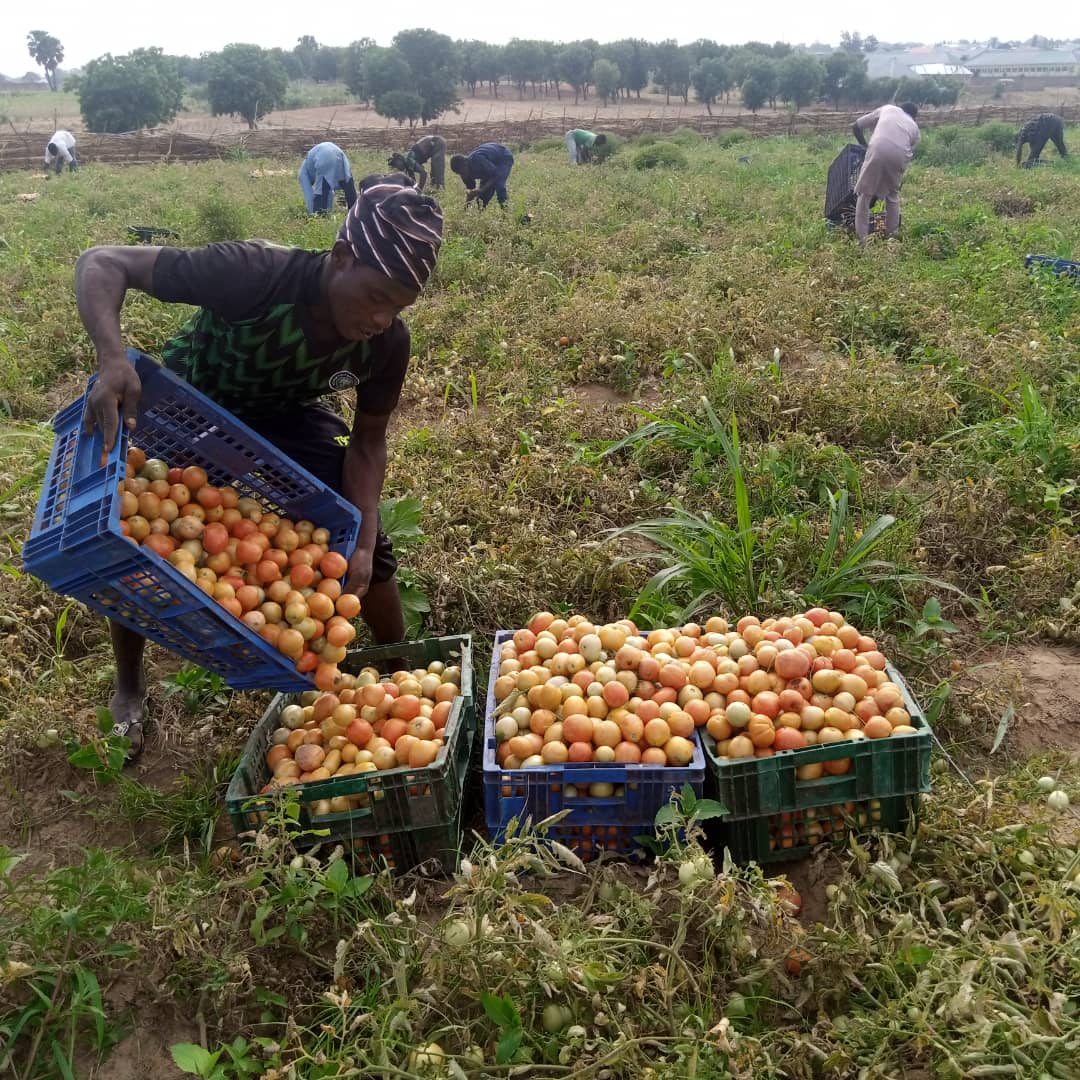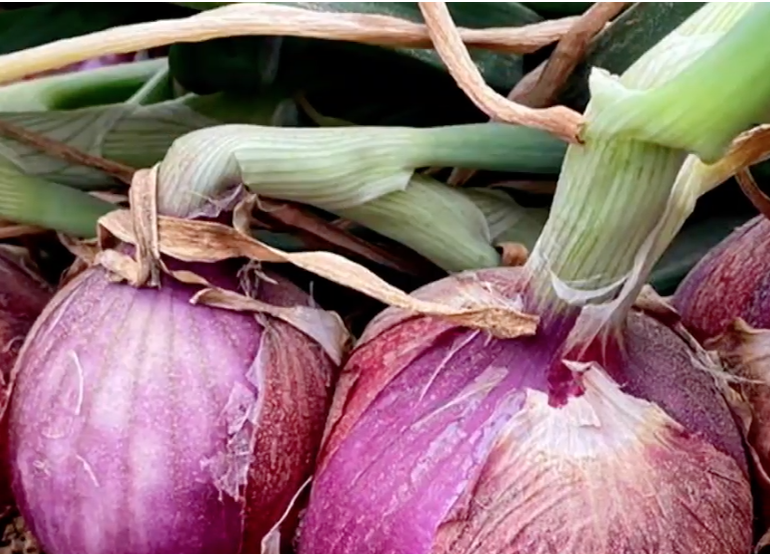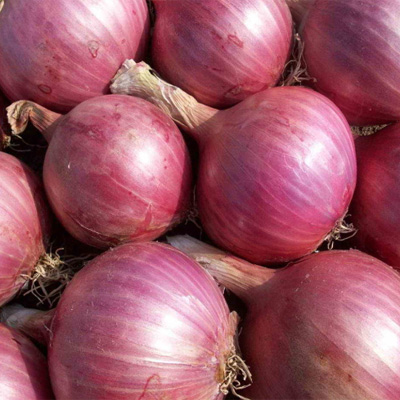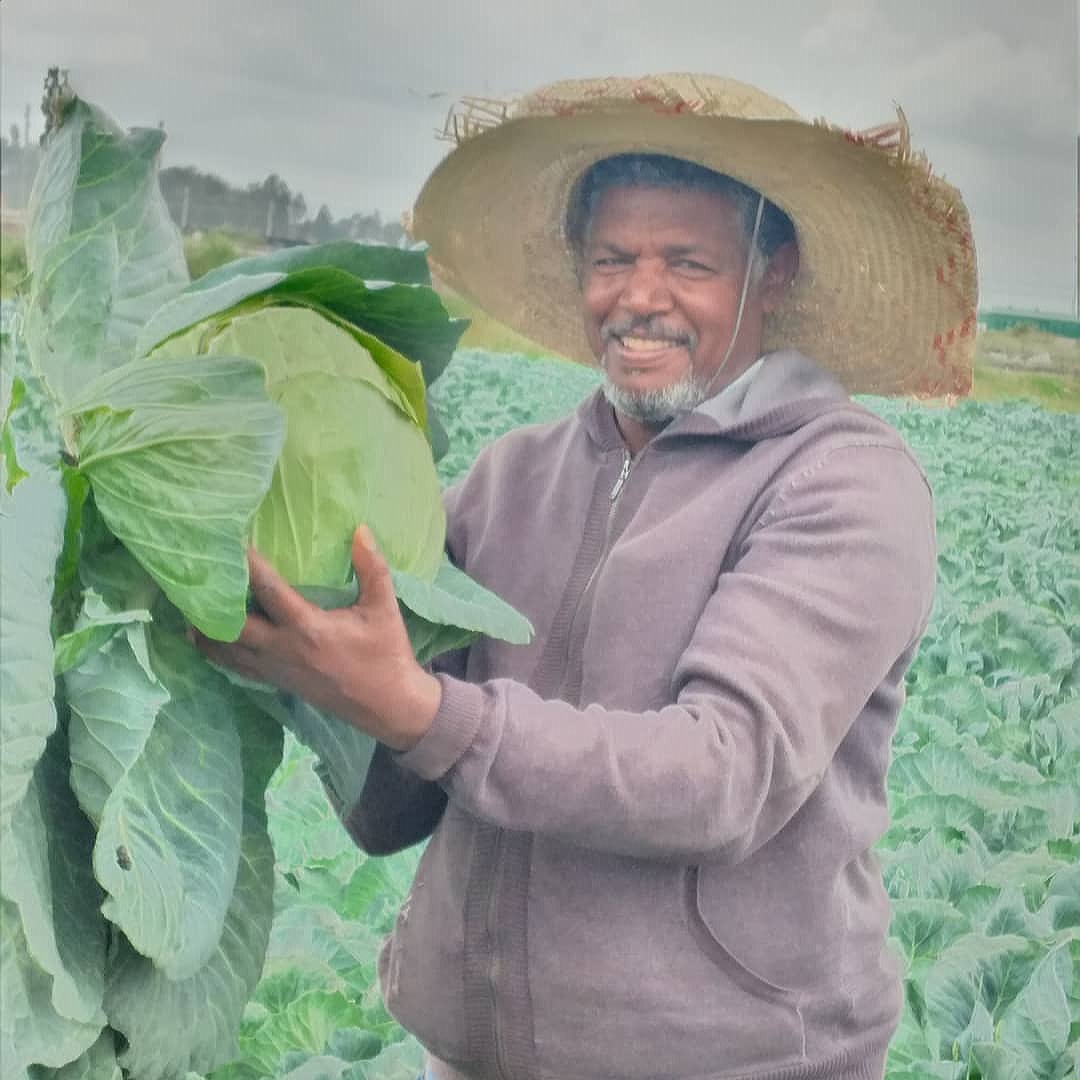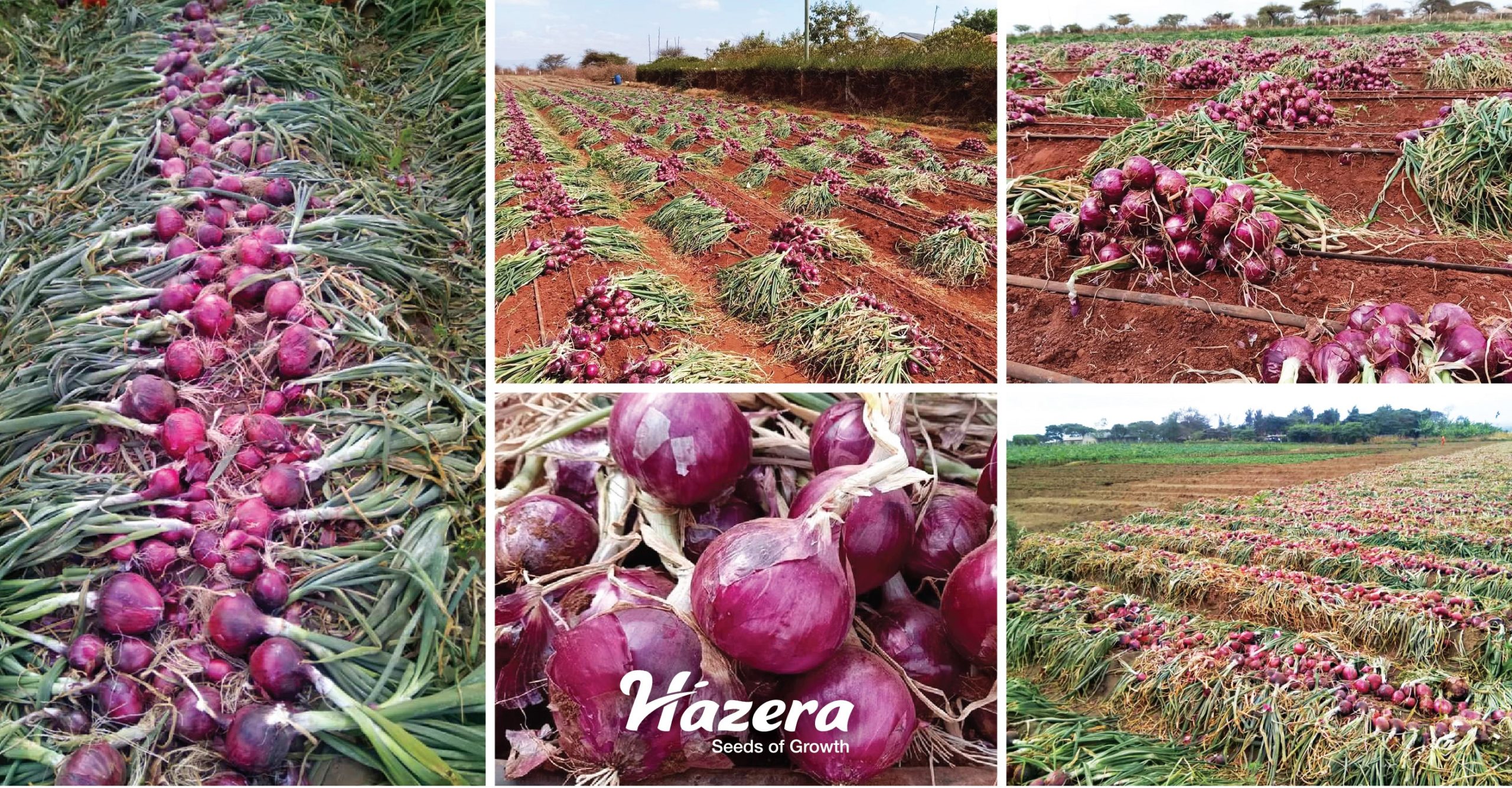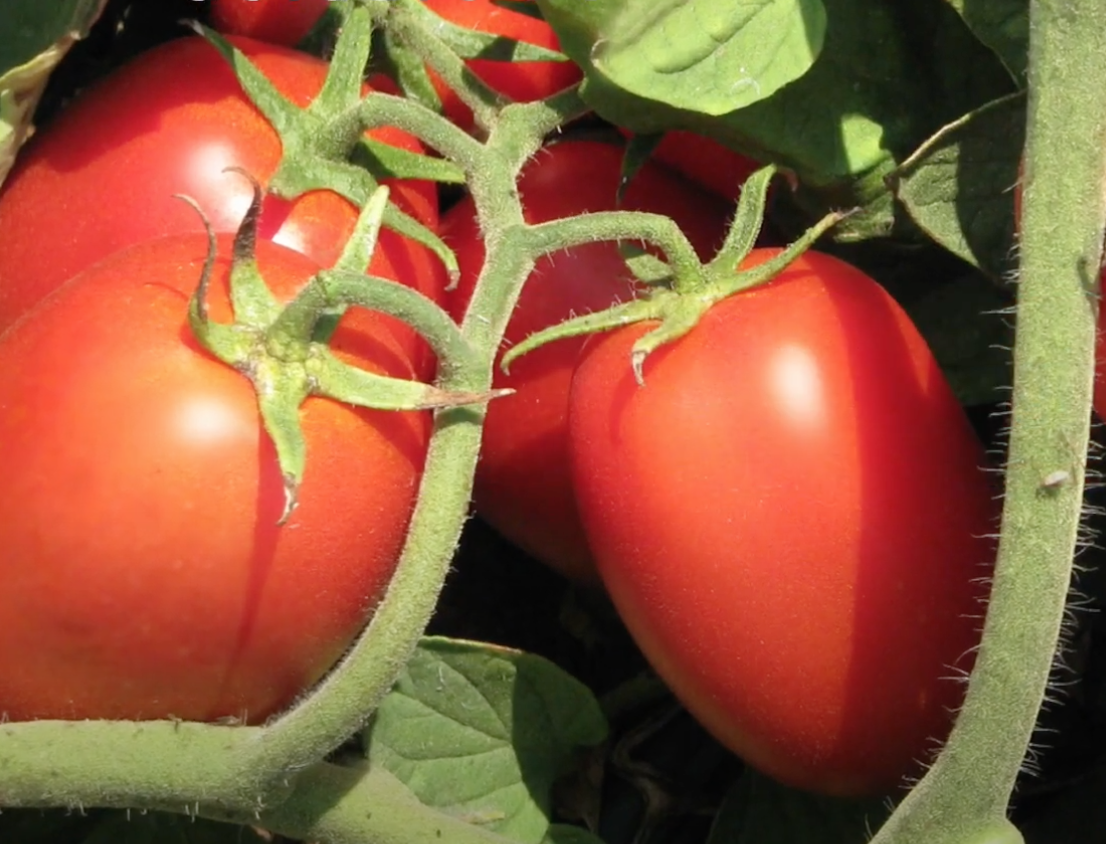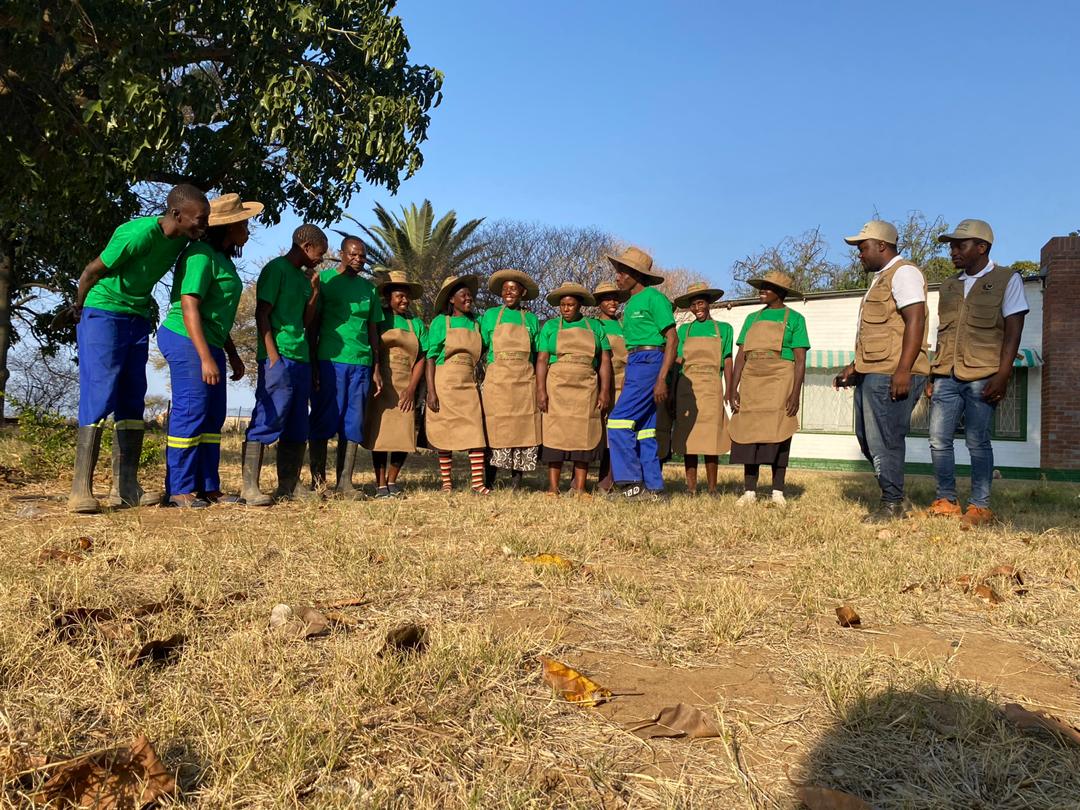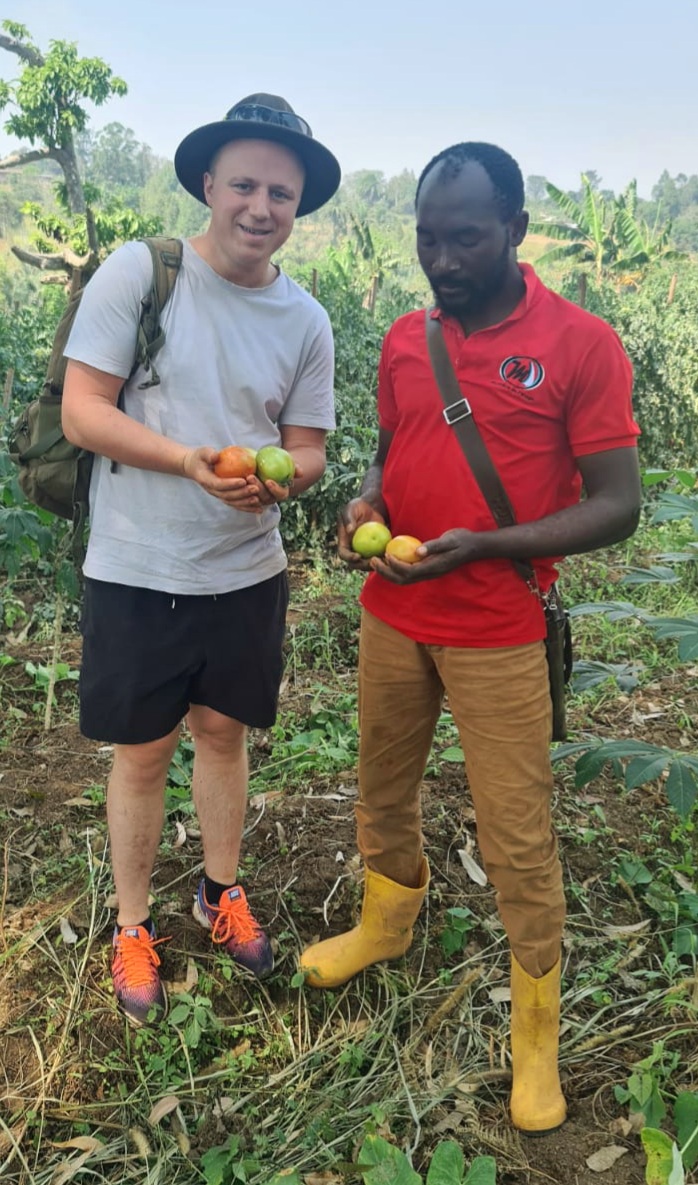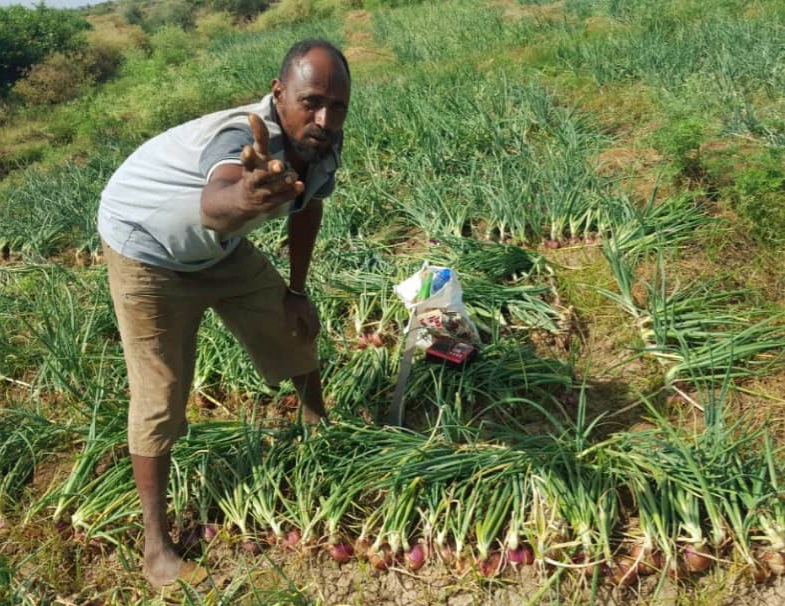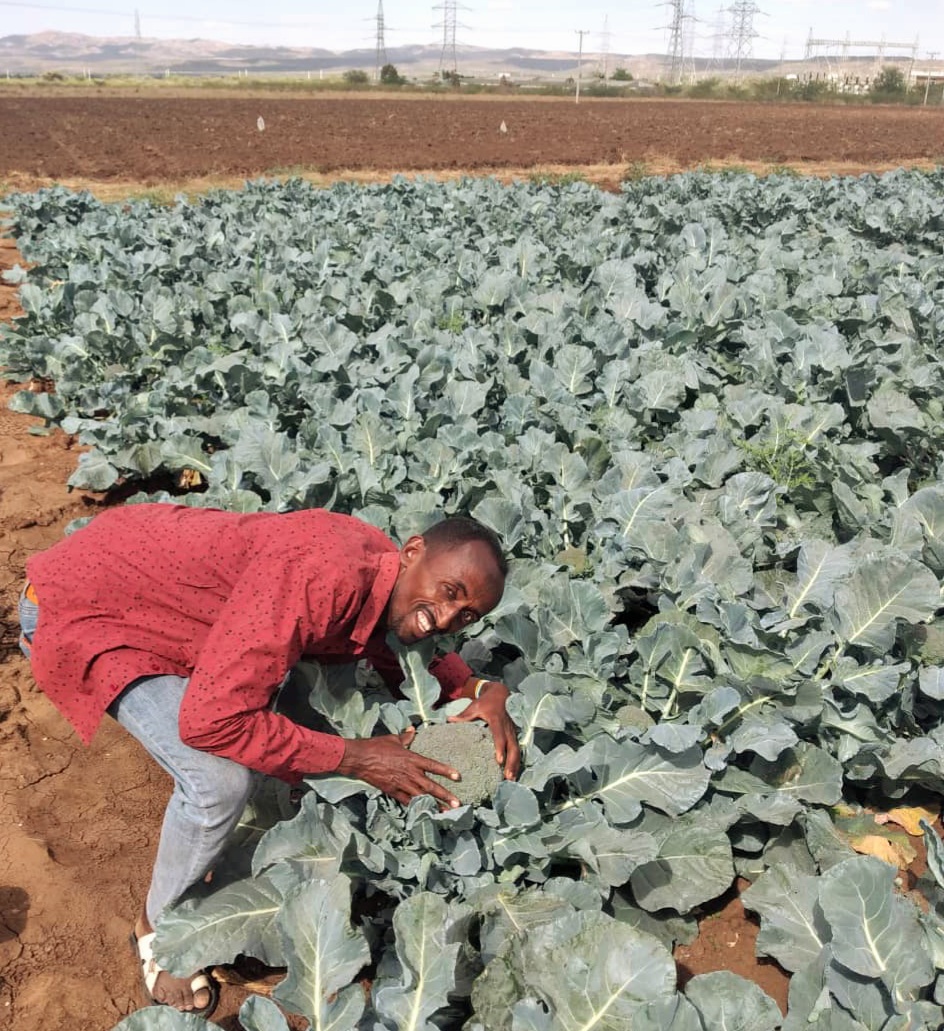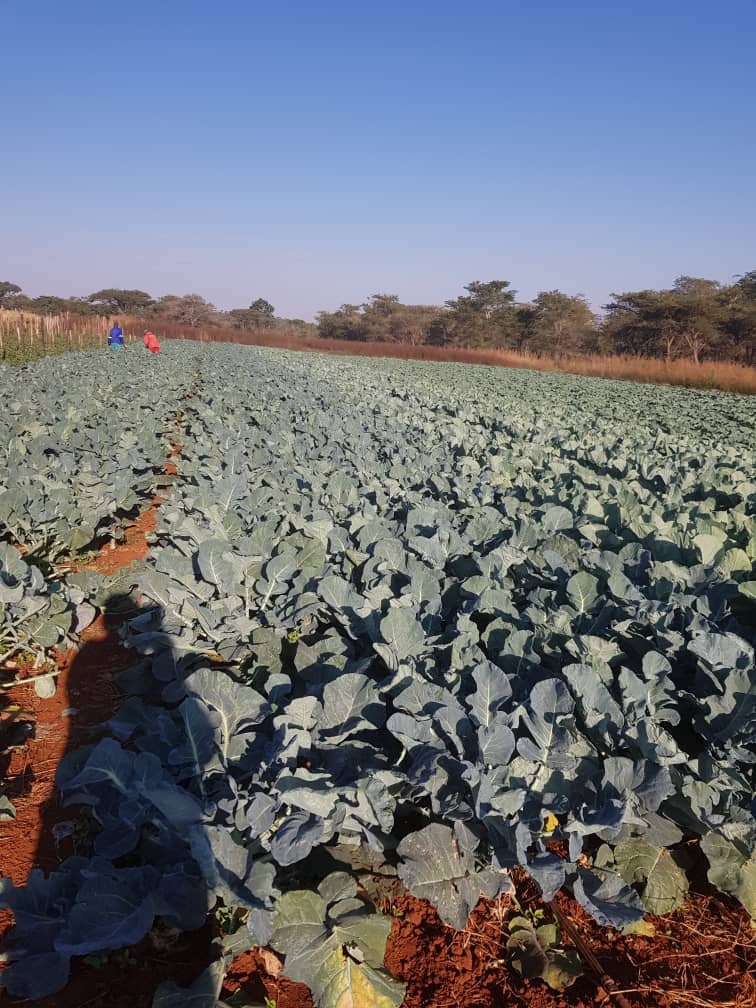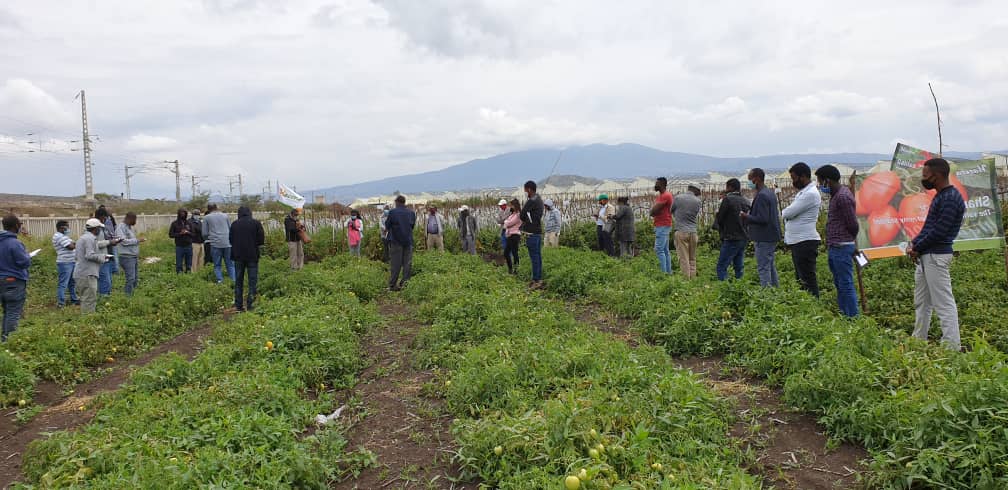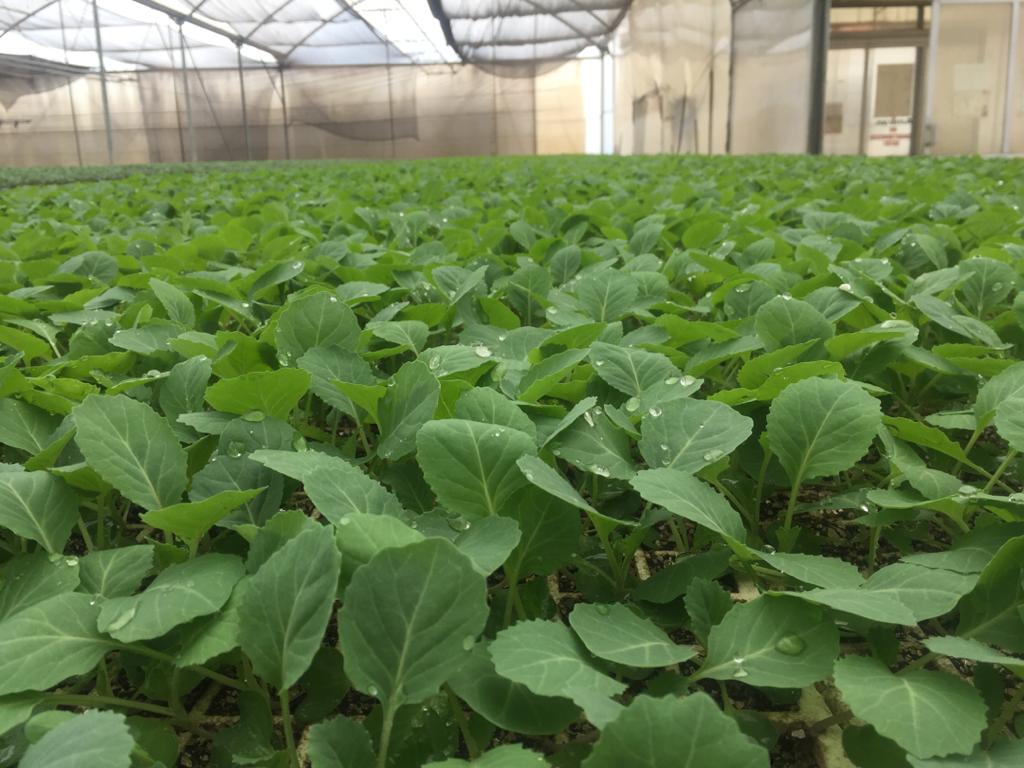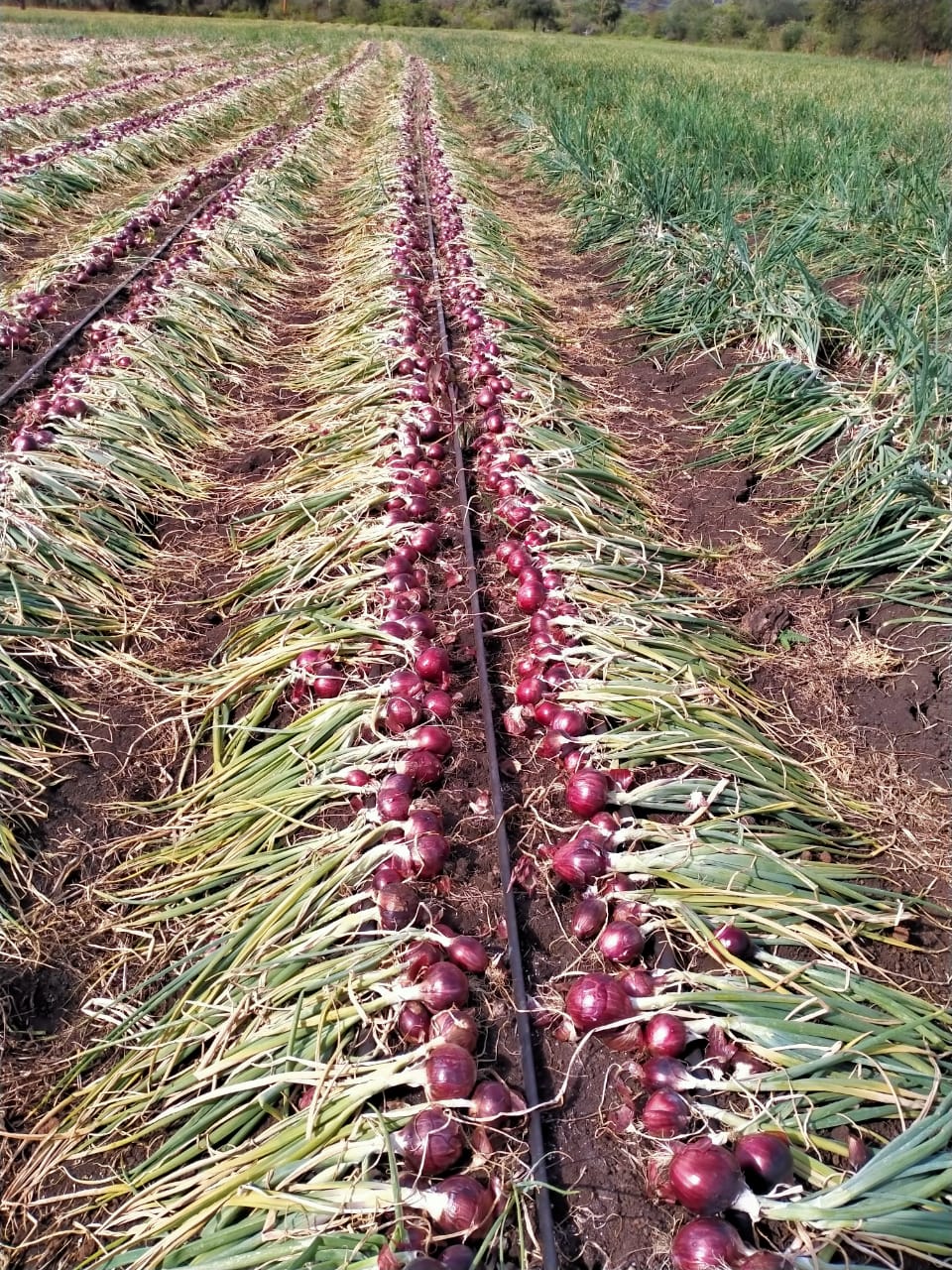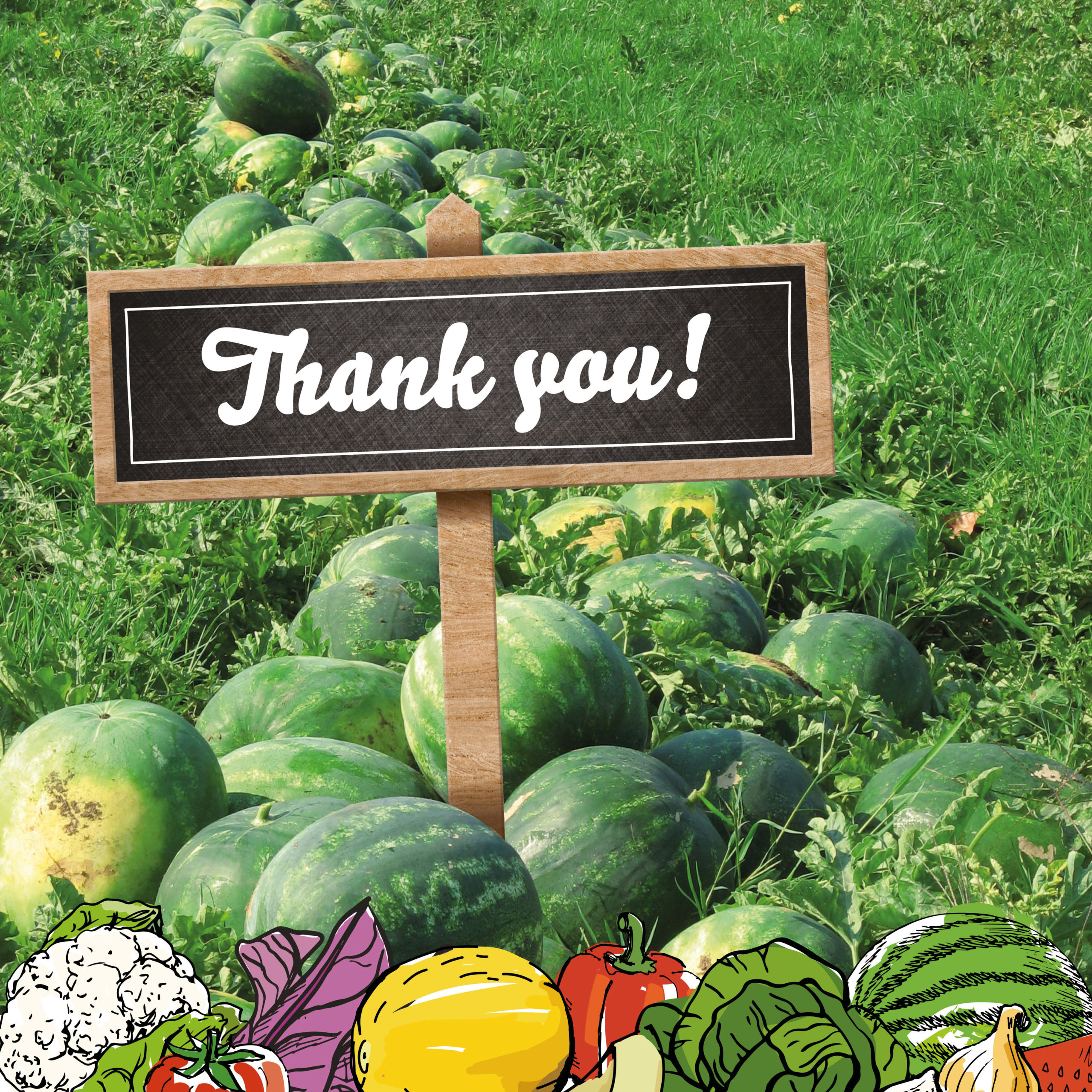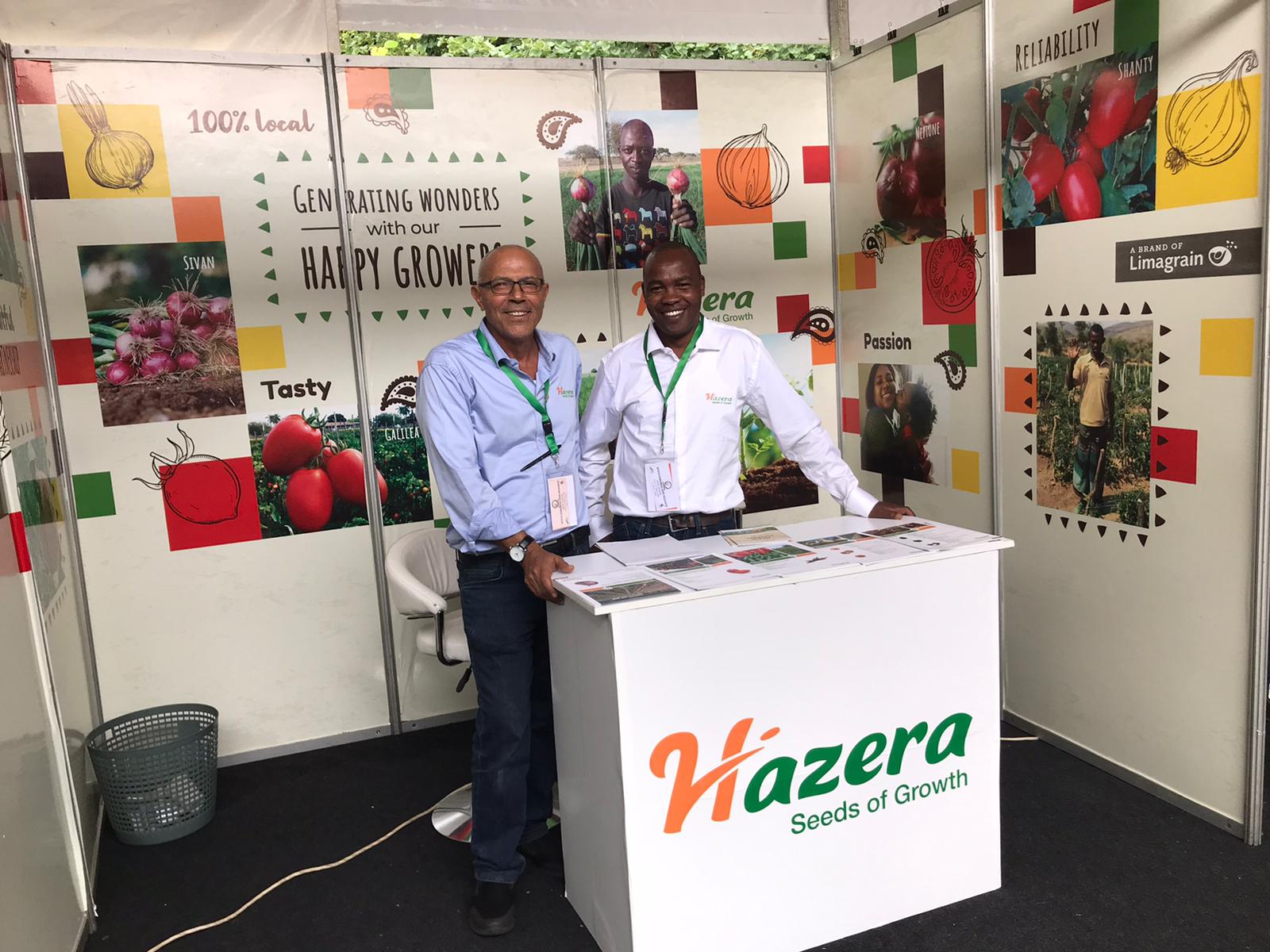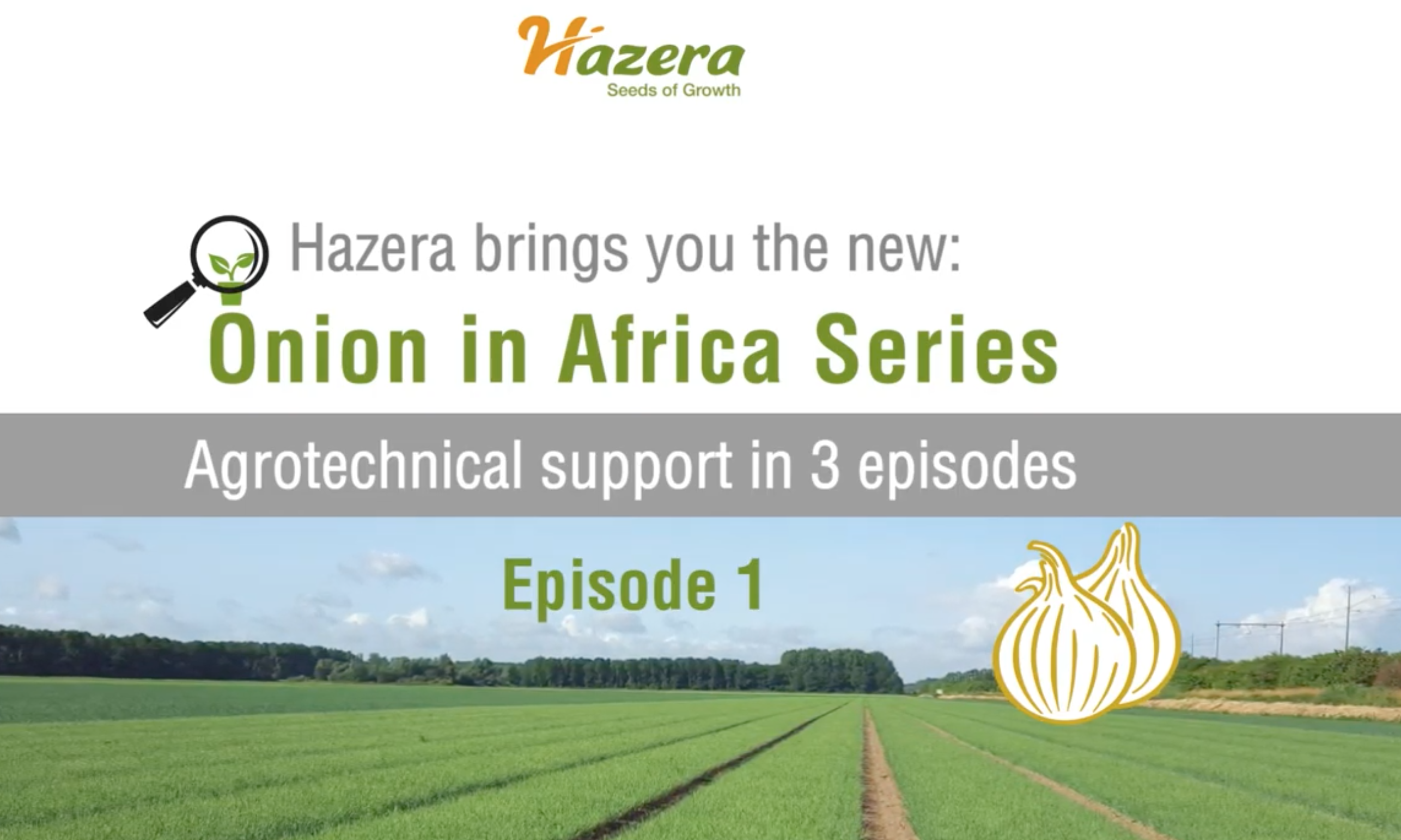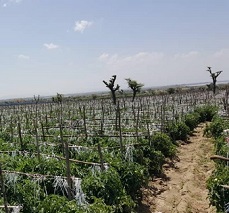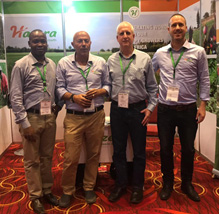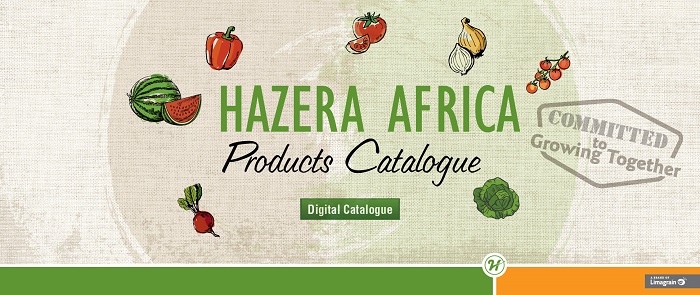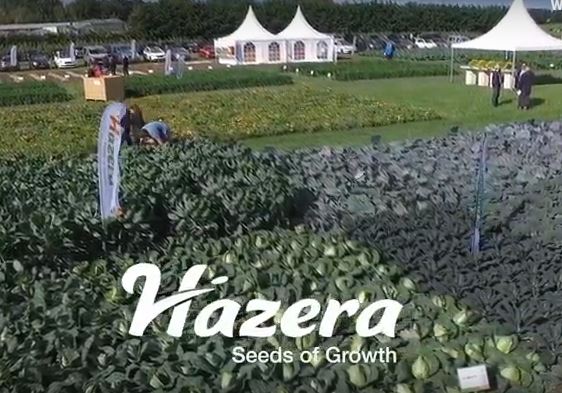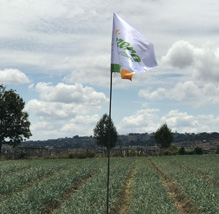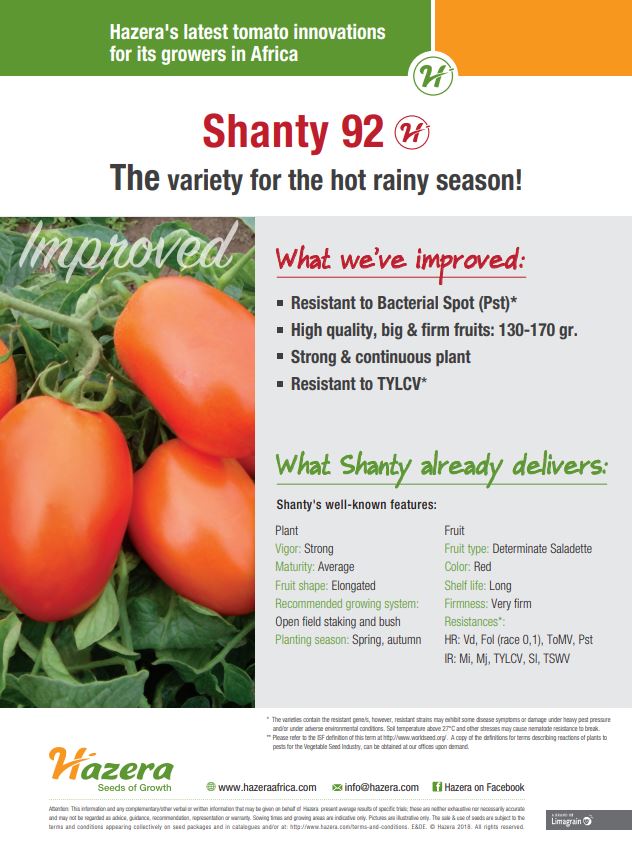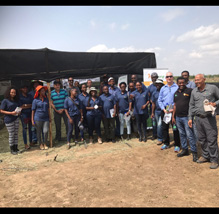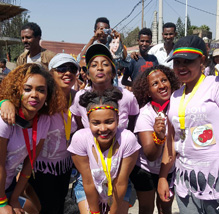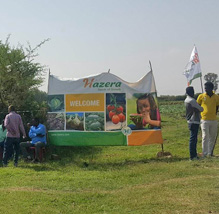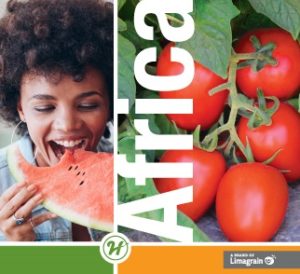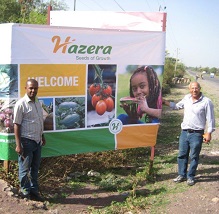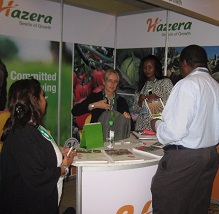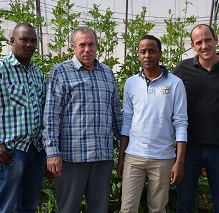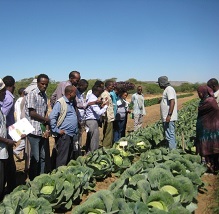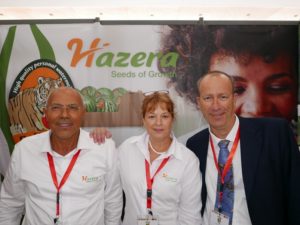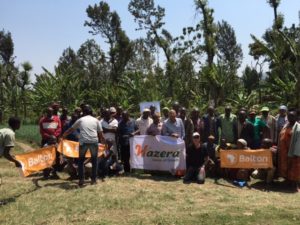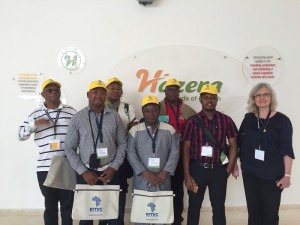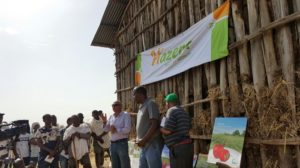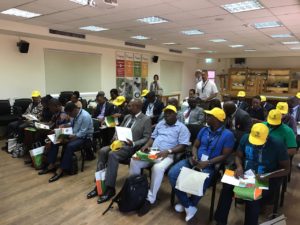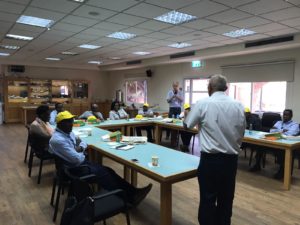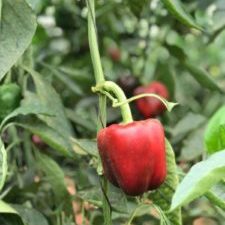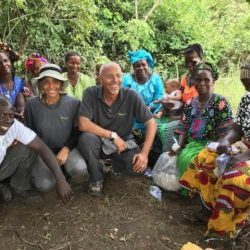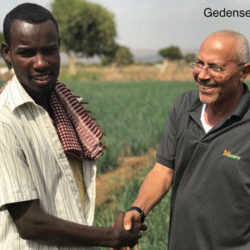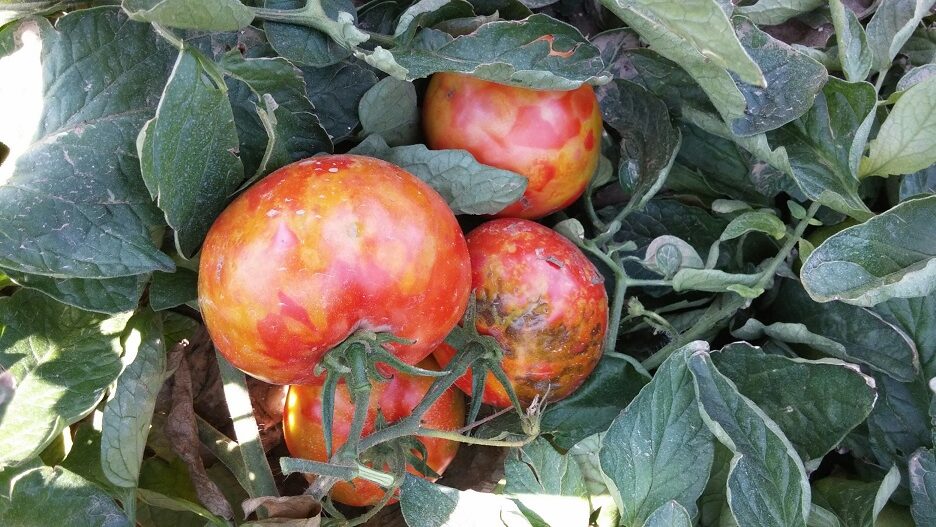Hazera launches ToBRFV resistant varieties in Mexico
After having announced the pipeline of its ToBRFV resistant varieties, Hazera is proud to launch its first resistant varieties for the Mexican market and showcase them at the most important event for agriculture in Latin America- EXPO AgroAlimentaria Guanajuato® 2022 in Mexico.
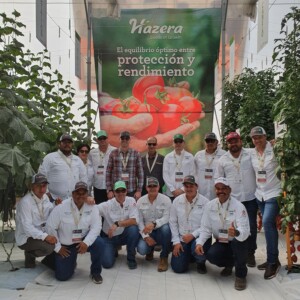
ToBRFV launch
ToBRFV is very noticeable in Mexico and growers have been faced with diminished yields and battered fruit. ToBRFV is a huge problem for tomato production, affecting the yield and fruit quality with coloring issues and brown spots on fruits impacting directly on the marketable yield.
Since ToBRFV hit tomato growers worldwide, Hazera’s R&D team has been working tirelessly, for several years, to find varieties capable of giving an effective level of ToBRFV resistance without compromising the yield and fruit quality. “These efforts included in-depth trials in many locations, under different conditions in a global scale, to confirm that we are able to provide solutions, with the right balance between performance and ToBRFV protection”, according to Alejandro Szechtman, Hazera’s Portfolio Marketing Director.
With the optimal balance between protection and performance, Canelo, one of Hazera’s tomato varieties with resistance to ToBRFV, is an indeterminate Roma type with a vigorous plant, which maintains a balanced yield under adverse environmental conditions, due to its wide array of resistances. “Through vast trialing of Canelo in most regions of Mexico, including San Luis Potosi, Baja California, Michoacan, Sinaloa, and Coahuila, Canelo provides high yield, excellent fruit quality, good maturation with an intense red color, as well as excellent firmness, maintaining L and XL sizes with average weights of 150 to 160 grams throughout the production cycle”, according to Javier Angulo- Product Development Manager, Mexico.
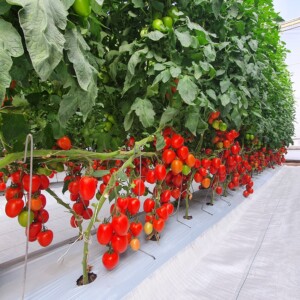
“Canelo”
Canelo is a very productive variety, ideal for growing in a net house or greenhouse. Additionally, with its ToBRFV resistance, Canelo is able to serve the Mexican grower as an effective tool to face the highly infectious virus, which is supported by local growers, who claim that “Canelo is a very strong and healthy plant with outstanding high fruit quality.”
Looking forward, “Hazera is continuing its efforts to provide effective varieties to better cope with ToBRFV on a global scale and, in Mexico, will launch several new varieties, including the up and coming, new Indeterminate Grape Tomato, ‘Pendragon’, a variety that combines ToBRFV IR resistance with high yield, long shelf life, and good taste, following our commitment to provide growers varieties with the optimal balance between protection and performance,” says Alejandro Szechtman.
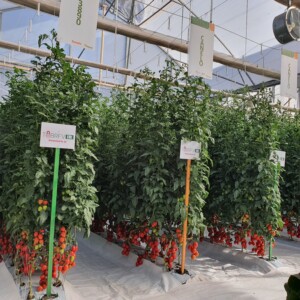
ToBRFV range / “Pendragon”


